Innovative Strategies to Enhance Food Service Efficiency in Modern Restaurants
In the dynamic landscape of the modern restaurant industry, enhancing food service efficiency has become paramount for success and sustainability. According to a 2022 report by the National Restaurant Association, nearly 75% of restaurant operators identified improving operational efficiency as a top priority to help mitigate rising costs and labor shortages. As consumer expectations continue to evolve, establishments are increasingly turning to innovative strategies, such as technology integration and streamlined workflows, to optimize their food service processes.
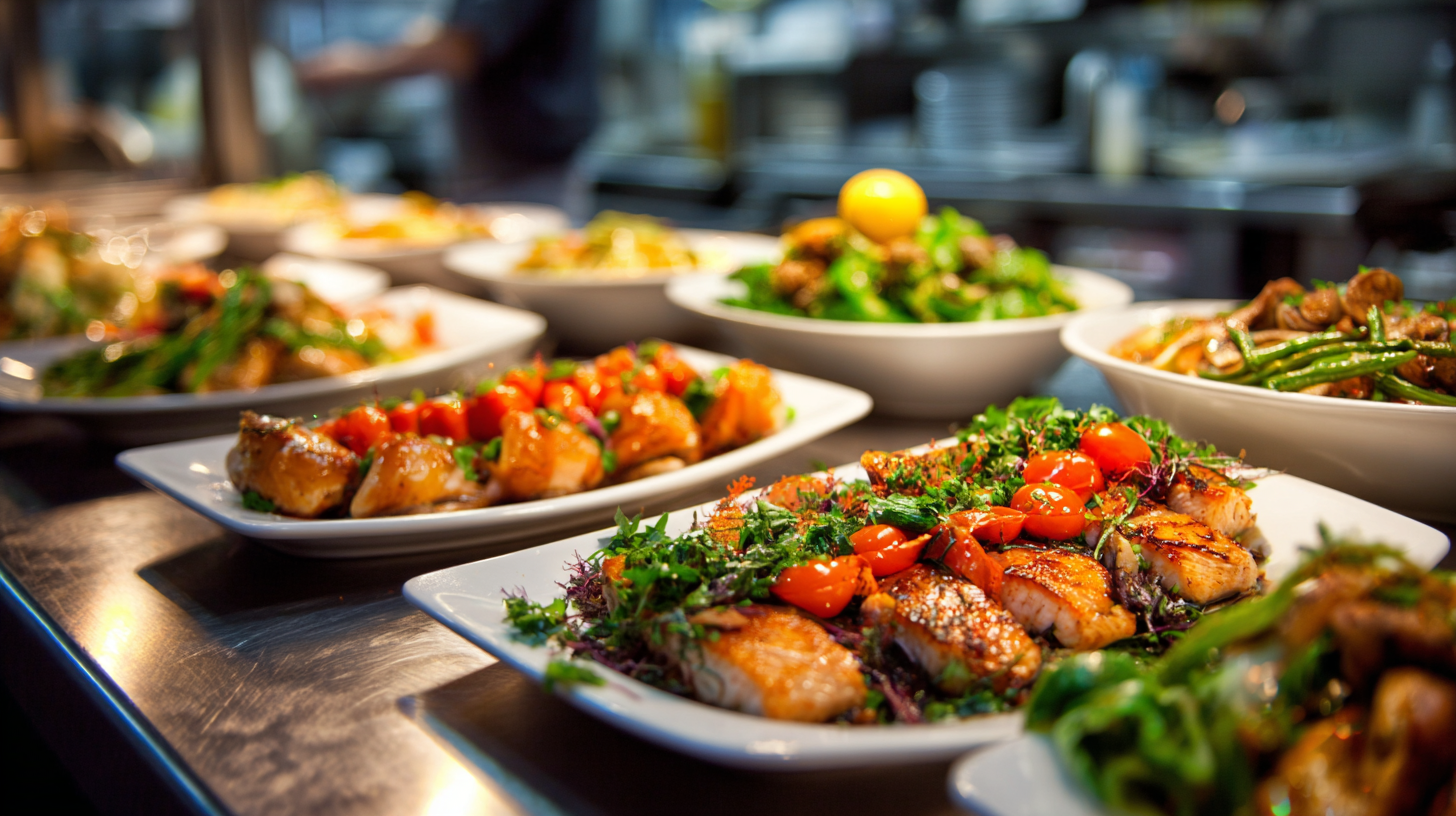
By leveraging data analytics and automating inventory management, restaurants can significantly reduce waste and enhance productivity, leading to improved customer satisfaction and retention. This article will explore effective "how-to" approaches that can help operators navigate the complexities of food service efficiency in a competitive market.
Implementing Smart Technology Solutions to Streamline Restaurant Operations
The integration of smart technology solutions in restaurant operations is increasingly essential for modern establishments aiming to enhance efficiency. With the growing interest in cloud solutions and artificial intelligence, restaurants are able to streamline their workflows significantly. By adopting these technologies, operators can optimize inventory management, improve customer service, and reduce operational costs. For instance, AI-driven analytics can provide insights into customer preferences, allowing restaurants to tailor their offerings and save on unnecessary waste.
Innovative concepts such as the "satellite store" model are emerging as effective strategies to navigate the competitive food service landscape. As traditional dining formats face challenges due to rising costs and market saturation, embracing technological advancements helps restaurants differentiate themselves. The use of automated cooking technologies, like advanced cooking robots, is revolutionizing food preparation, enabling faster service and consistent quality. Such innovations not only enhance operational efficiency but also free up staff to focus on enhancing customer experiences, ultimately leading to increased profitability in a demanding industry.
Leveraging Data Analytics for Inventory Management and Waste Reduction
In today's competitive restaurant landscape, leveraging data analytics has emerged as a game changer for inventory management and waste reduction. By analyzing historical sales data, restaurants can predict demand more accurately, allowing them to stock the right amount of ingredients. This proactive approach not only minimizes over-ordering but also reduces the likelihood of perishable items going to waste. Implementing robust inventory management systems equipped with data analytics tools empowers restaurant managers to maintain optimal stock levels while ensuring freshness and quality.
Additionally, data analytics can help identify patterns in food waste, enabling restaurants to make informed decisions about menu design and portion sizes. By understanding which items frequently end up in the trash, chefs can adjust recipes or portions to better align with customer preferences. Furthermore, integrating real-time analytics into operations allows for timely adjustments, such as special promotions on surplus ingredients. This not only enhances efficiency but also fosters a more sustainable approach to food service, ultimately benefiting both the business and the environment.
Enhancing Customer Experience through Efficient Table Management Systems
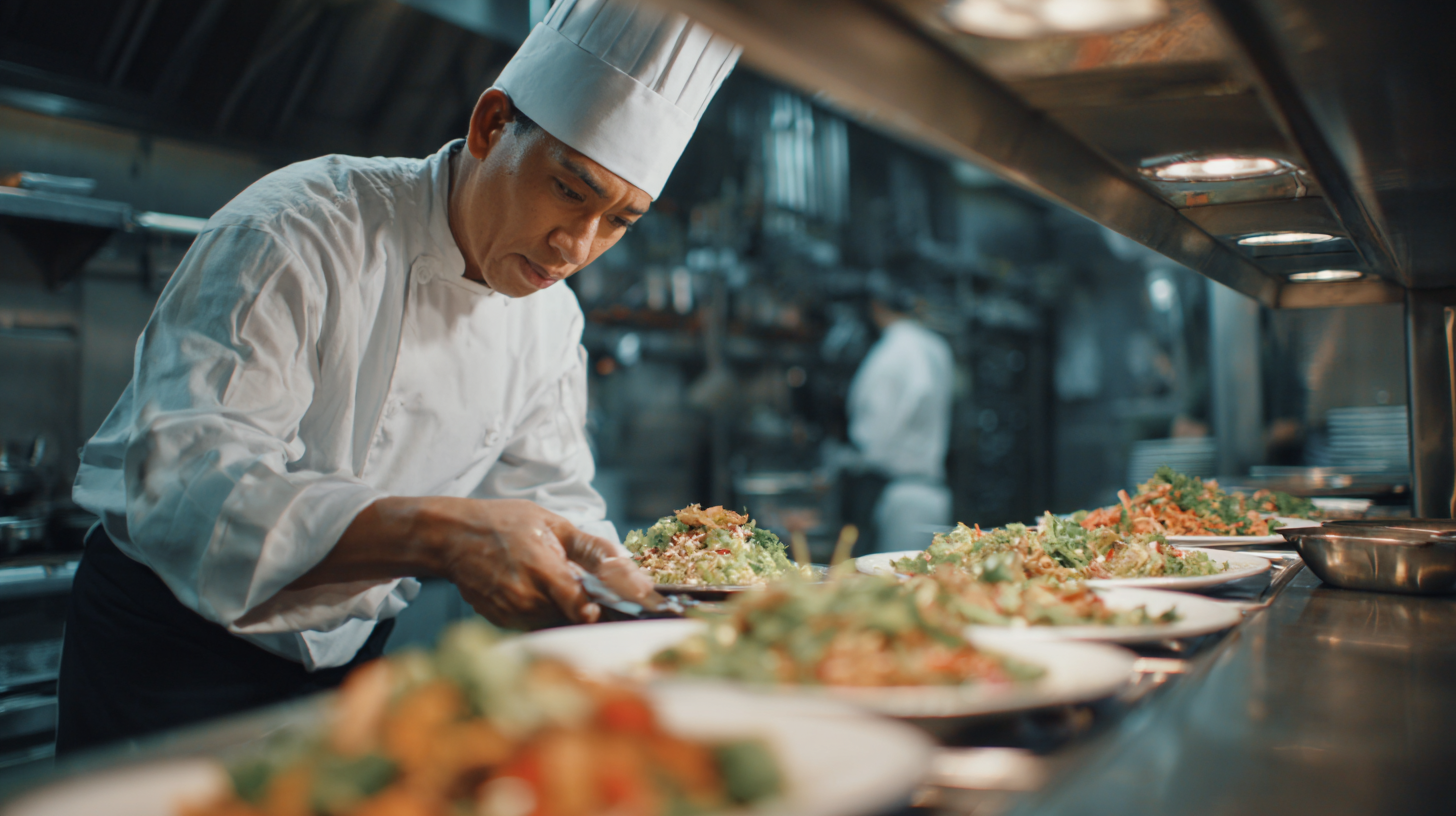 Efficient table management systems are crucial in modern restaurants to enhance customer experience. These systems streamline the seating process, ensuring that guests are seated promptly while minimizing wait times. By utilizing advanced reservation technology and real-time tracking of table availability, restaurants can optimize their floor plan and manage their capacity more effectively. This not only helps in accommodating more guests but also improves overall service speed, leading to higher customer satisfaction.
Efficient table management systems are crucial in modern restaurants to enhance customer experience. These systems streamline the seating process, ensuring that guests are seated promptly while minimizing wait times. By utilizing advanced reservation technology and real-time tracking of table availability, restaurants can optimize their floor plan and manage their capacity more effectively. This not only helps in accommodating more guests but also improves overall service speed, leading to higher customer satisfaction.
Moreover, integrated table management systems allow staff to access vital information about guest preferences and dietary restrictions, enabling a more personalized dining experience. With features like quick table turnover notifications, restaurant staff can respond swiftly to customer needs, resulting in a seamless dining flow. Investing in training for staff on these systems ensures that they are equipped to utilize the technology effectively, further enhancing the guest experience. In this competitive landscape, employing innovative table management strategies is essential for restaurants aiming to stand out and retain their clientele.
Adopting Sustainable Practices for Cost-Saving and Efficiency Improvement
In the modern restaurant landscape, adopting sustainable practices is not merely a trend but a critical strategy for enhancing food service efficiency. Implementing measures such as reducing food waste, sourcing local ingredients, and minimizing energy consumption can lead to significant cost savings. For instance, by composting organic waste and partnering with local farms, restaurants can not only lower disposal costs but also foster a fresher menu that appeals to environmentally-conscious consumers.
Additionally, energy-efficient appliances and smart technology can optimize operations further. Investing in solutions like programmable thermostats or energy-efficient cooking equipment not only reduces utility bills but also minimizes the restaurant's carbon footprint. By aligning operational goals with sustainability initiatives, restaurants can create a competitive edge while appealing to the growing demographic that values eco-friendly dining experiences.
As a result, these innovative strategies not only contribute to reducing operational costs but also enhance the overall efficiency of food service, paving the way for a more sustainable future in the restaurant industry.
Training Staff in Multi-Tasking to Boost Service Speed and Quality
The fast-paced environment of modern restaurants requires innovative strategies to ensure efficiency while maintaining high service quality. One key approach is training staff in multi-tasking, which can significantly boost both service speed and customer satisfaction. By empowering employees to handle various tasks simultaneously, restaurants can streamline operations and create a more dynamic atmosphere.
Tips: Start with role-playing scenarios where staff practice juggling multiple responsibilities, such as taking orders while preparing beverages. This not only enhances their skills but promotes teamwork and communication among staff. Encourage regular feedback sessions for staff to share their experiences and learn from each other, fostering a culture of continuous improvement.
Moreover, leveraging technology can aid in multi-tasking efforts. Providing mobile devices for order taking or using apps for kitchen communication allows staff to manage activities more efficiently.
Tips: Ensure staff are trained on any tech tools introduced, emphasizing how these innovations enhance their ability to multitask without compromising the quality of service. Regular assessments of these strategies can help identify areas for further enhancement, ensuring that the restaurant continues to thrive in a competitive market.
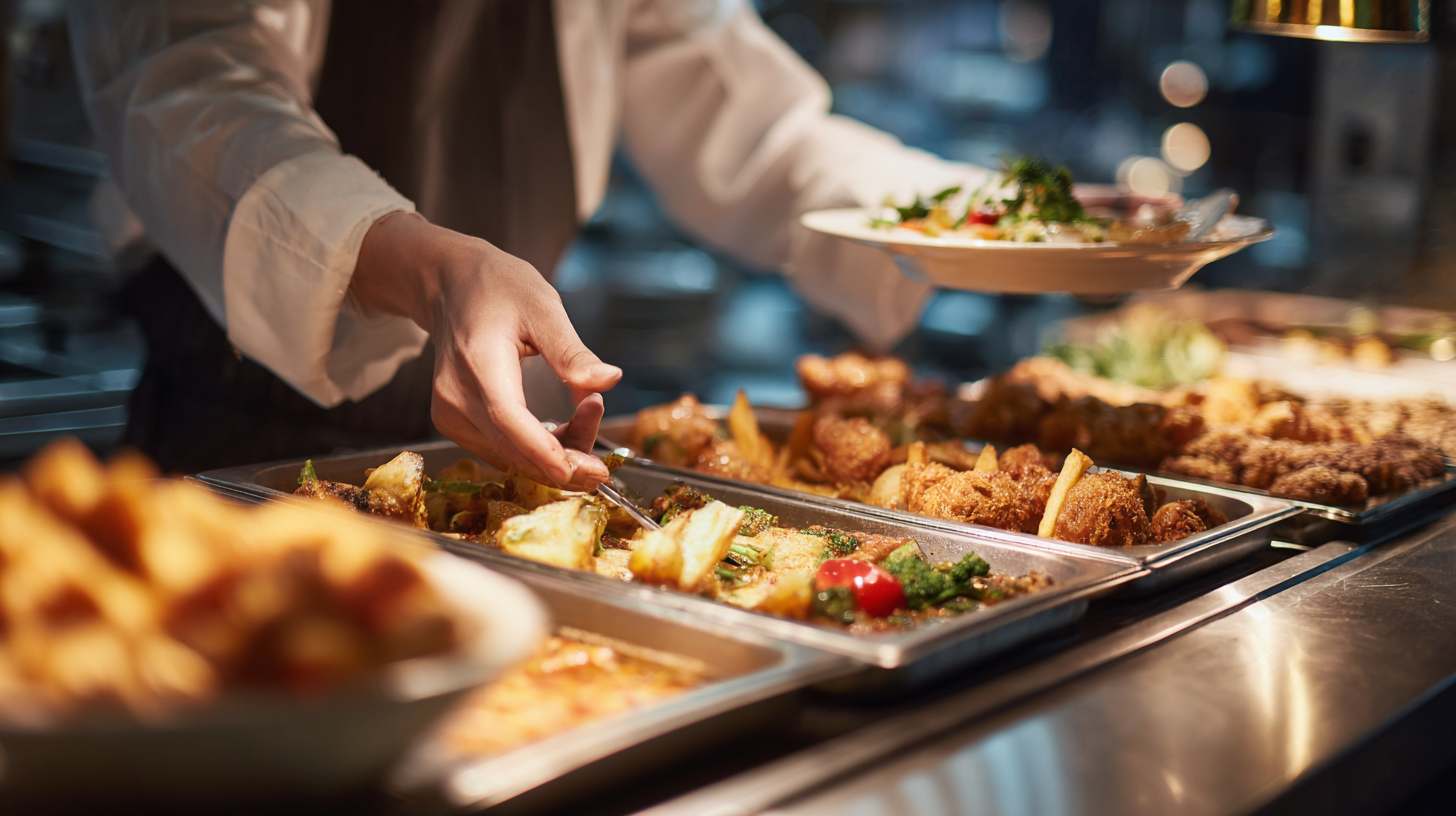
Related Posts
-

Ultimate Tips for Sourcing Quality Restaurant Utensils Globally
-

The Definitive Handbook to Sourcing Quality Commercial Kitchen Ware for Your Business
-

Exceptional Quality from China Leading the Global Food Supplies Market
-

Global Excellence in Food Service: China’s Leading Manufacturer for Unmatched Quality
-
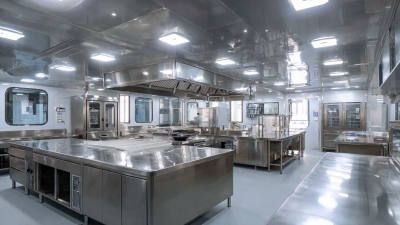
Cafeteria Equipment Innovations Shaping the Future of the 2025 China Import and Export Fair
-
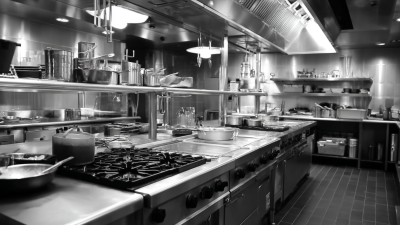
Revolutionizing Your Kitchen: Essential Restaurant Equipment for Modern Chefs
